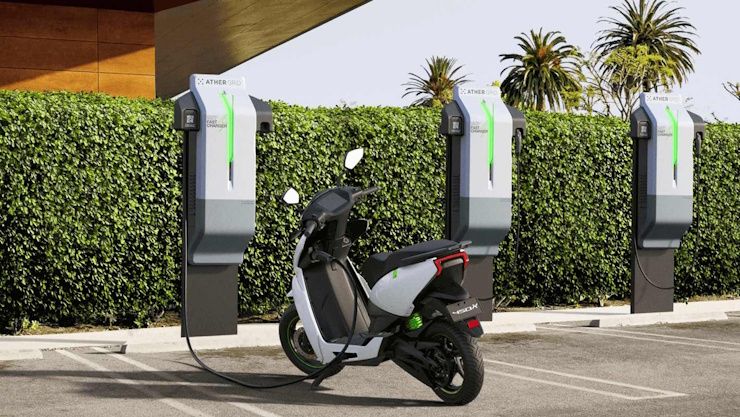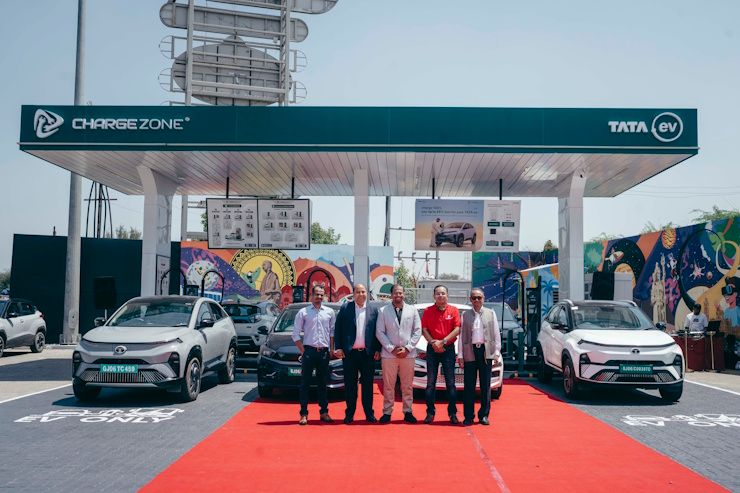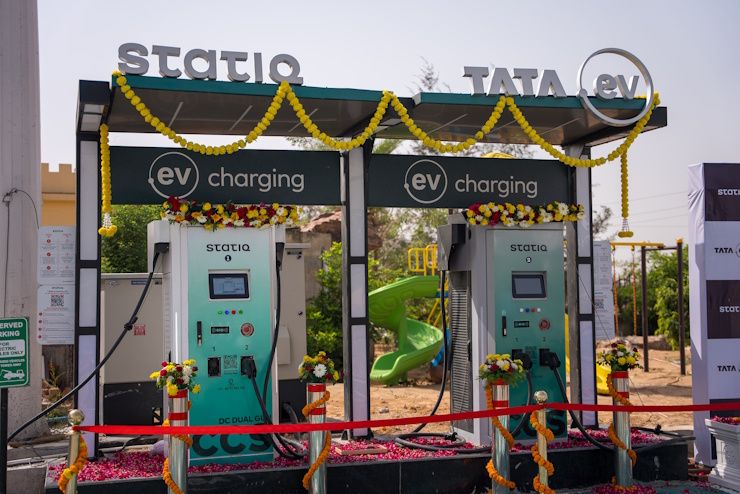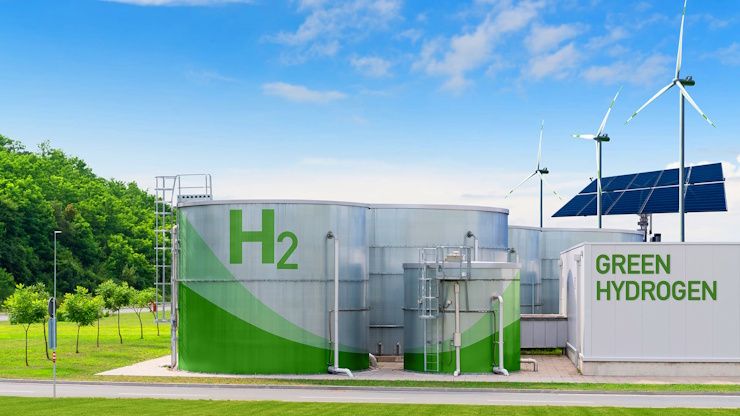Nitin Gadkari's Idea To Make Electric Car Chargers Profitable Will Boost EV Charging Network


Union Minister for Road Transport and Highways Nitin Gadkari has urged the automotive industry to collaborate on standardising electric vehicle charging infrastructure. Speaking at a roundtable organised by the Ministry of Road Transport and Highways and the Rocky Mountain Institute, he said that without uniformity in charging systems, both manufacturers and consumers would face continued challenges in adoption and costs. He compared the need for EV charging standardisation with the mobile phone sector, where common charging standards improved convenience and reduced waste.

The EV ecosystem in India currently faces fragmentation, with different manufacturers employing proprietary charging solutions and connector types. This creates compatibility issues, increases costs, and complicates the development of nationwide charging infrastructure.
Gadkari said standardisation should not only cover connectors but also communication protocols, payment systems, and grid integration. Without such interoperability, scaling EV infrastructure will remain difficult.

He also outlined a broader strategy that goes beyond standardisation. His roadmap includes electric buses with flash-charging capabilities, hydrogen trucks for long-haul freight, and biofuel adoption. The approach recognises that no single technology will meet all transport requirements and that different sectors may need different solutions.
The minister underlined that economic viability, not subsidies, must drive the shift to zero-emission commercial vehicles. He said demand aggregation, competition, and lower upfront costs are more sustainable drivers than extended subsidy programmes. This signals a shift in policy thinking, reflecting confidence that clean technologies are reaching cost parity.
The freight sector is central to this transition. India has about 41 lakh trucks, contributing nearly 40 percent of transport emissions, yet fewer than 1,000 are currently electric. Industry studies point to early adoption in cement, steel, mining, ports, and e-commerce logistics, where predictable routes and operations make electrification more practical.

Geographically, truck charging demand is expected to be concentrated in five states - Maharashtra, Uttar Pradesh, Rajasthan, Gujarat, and Madhya Pradesh. These regions could account for over 70 percent of demand by 2030, requiring a 9 GW charging network to support about 1.3 lakh electric trucks. Targeted infrastructure planning in such corridors could help optimise resource allocation.
Gadkari also acknowledged practical barriers to electric truck adoption, such as higher toll charges due to the additional battery weight. He indicated that toll exemptions for EV trucks are being considered, which could improve their operating economics.

Hydrogen remains a parallel focus in the government’s clean transport plan. Pilot projects for hydrogen-powered trucks will be launched on 10 key freight corridors including Delhi-Agra, Mumbai-Pune, Ahmedabad-Vadodara, and Visakhapatnam-Pariar. Major companies such as Tata Motors, Ashok Leyland, Volvo, Indian Oil, Reliance, NTPC, and others will participate in trials of fuel cell and hydrogen internal combustion engine technologies.
This technology-neutral approach reflects recognition that while battery-electric vehicles are suitable for urban transport and medium distances, hydrogen could be more viable for long-haul operations where weight and refuelling times are critical. Biofuels are also seen as part of the mix, particularly in sectors where electrification may be difficult in the short term.
The minister stressed that standardisation must happen early to avoid costly retrofitting as infrastructure investment accelerates. He pointed to international examples such as Europe’s Combined Charging System (CCS) and China’s GB/T standard, which have enabled rapid scaling of infrastructure in those regions.
Standardisation offers benefits across the value chain. Manufacturers gain economies of scale by producing standardised components, infrastructure operators reduce complexity, and consumers get more convenience through seamless access to charging facilities regardless of brand. For fleet operators managing diverse vehicle types, interoperability is particularly important.
The government is also moving forward with complementary policies. The Ministry of Heavy Industries has introduced PM E-Drive incentives for electric trucks, while the Bureau of Energy Efficiency is working on fuel efficiency norms for commercial vehicles. Together with the push for standardisation, these initiatives reflect a coordinated policy approach.
While timelines for implementing standardisation remain undefined, Gadkari’s call signals urgency. Industry cooperation will be key to determining how quickly India can build an interoperable, cost-effective charging network and accelerate the transition to cleaner commercial transport.